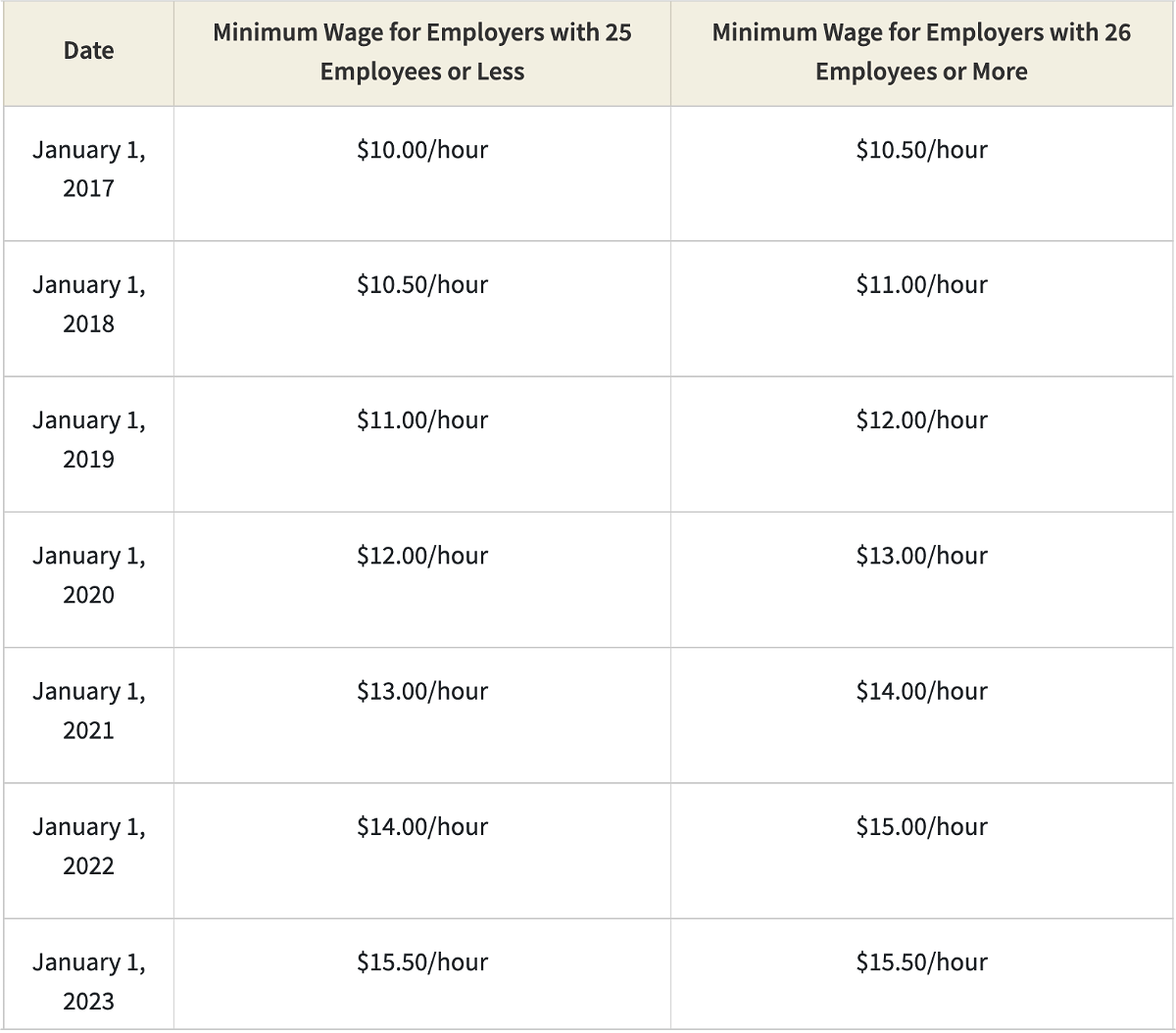The minimum wage in California is up to $15.50 as of January 1st
Employees all over California are starting today with an increase of $15.50 on their minimum wage salary.
Effective January 1, 2023, the minimum wage is $15.50 per hour for all employers due to Senate Bill 3.

The federal minimum wage for covered nonexempt employees is $7.25 per hour.
Many states also have minimum wage laws. In cases where an employee is subject to state and federal minimum wage laws, the employee is entitled to the higher of the two minimum wages.
"You can't budget your way out of poverty," says Michael Hamilton, an Associate Professor of Economics at College of the Desert.
He says that the new law that increases the minimum wage to 15.50, gets a person closer to the live-able wage if they are working a 40-hour work week.
"In Riverside County, the living wage, different than the minimum wage living wage says essentially, what you need to survive, the livable wage needs to be $18.66 per hour," says Michael Hamilton, an Associate Professor of Economics at College of the Desert.
While California's minimum wage went up to 15.50, Congress hasn’t increased the federal minimum wage since 2009, when it went from 6.55 to 7.25
In California, the minimum wage has consistently increased since 2017.
Hamilton breaks down the gap between a liveable wage and our current minimum wage. "The current minimum wage of 1550 will give you roughly $2,686 per month or $32,240 per year," says Hamilton. "So you're still $6,000 Roughly below a livable wage."
"The cost of living has jumped up so much," says Cory Delgado, who has worked in the Food and Beverage Industry since 2006.
Before working at Enzo's Bistro and Bar he says just one job was not giving him a liveable wage, he relies now on wages and his tips.
"I'm very lucky to work at a place like an awesome restaurant that I work at with a great clientele that comes in here and there," says Delgado. "They're very generous. And so I'm very lucky to say it didn't hit me as much."

